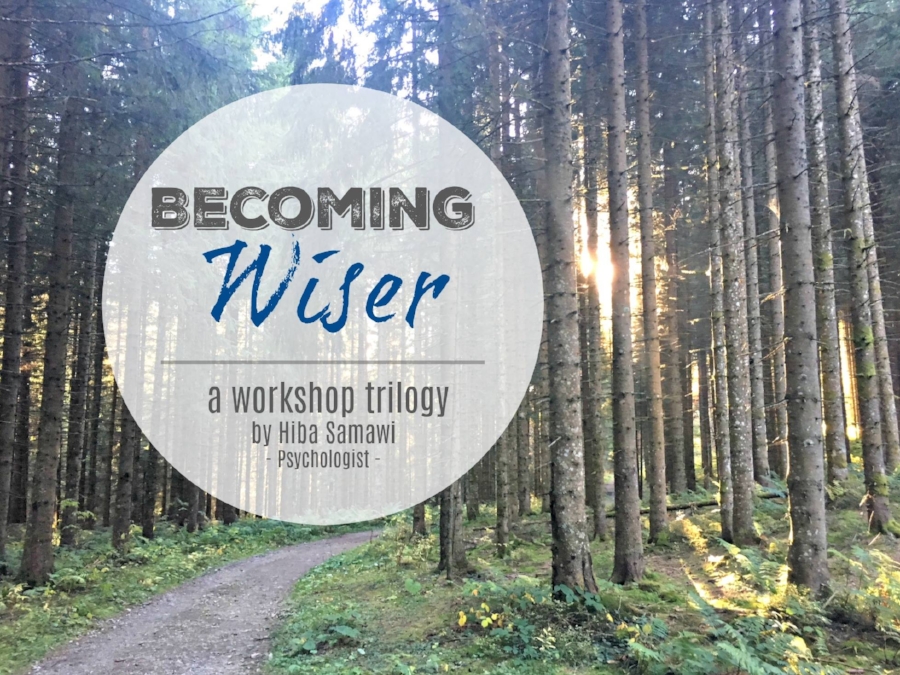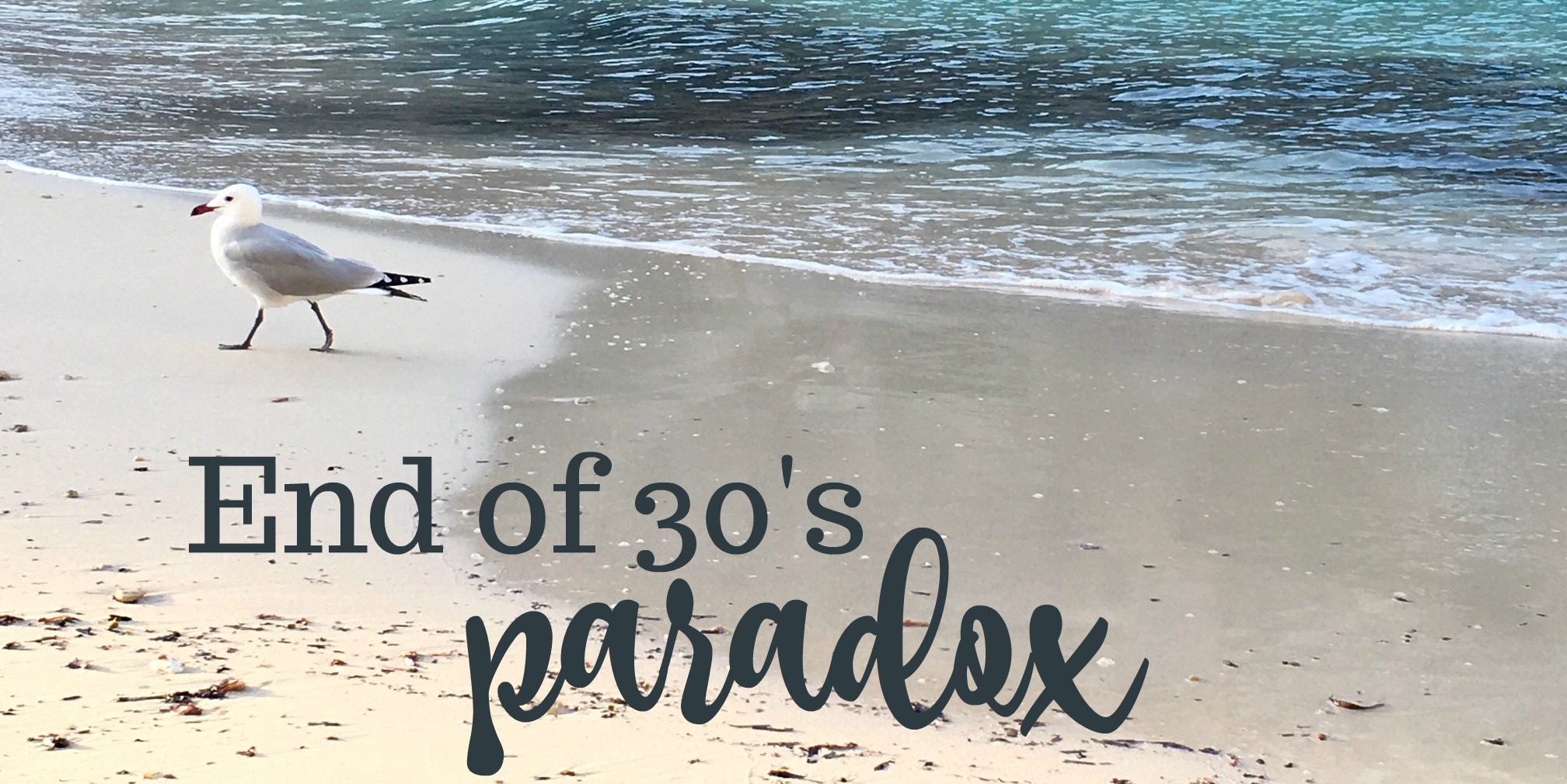"Summers had a logic all their own and they always brought something out in me. Summer was supposed to be about freedom and youth and no school and possibilities and adventure and exploration. Summer was a book of hope. That's why I loved and hated summers. Because they made me want to believe.” - Benjamin Alire Sáenz
Despite the carefree spirit that seems to prevail in summer, things aren’t all rosy all the time.
In a way, and perhaps more so than other seasons, the summer sun shines its light on all the corners of our lives. It illuminates things we might have kept tucked away the rest of the year.
Suddenly, we are exposed. No more hiding.
We find ourselves face to face with our longings, our desires, our bodies - our lives.
At the same time, no other season seems to bring more insistence to make the most of life than summer.
There is a pressure to live fully, to be active, to be sociable - and for some of us, this might bring social anxiety or FOMO (Fear of Missing Out).
I wanted to share some of the themes I encounter in individual sessions and with myself during this time - the less sunny side of this season we so rarely talk about. This is in no way to discount all the joys of summer - simply to provide another reality in the hope we might bring more compassion to ourselves and others.
So. Much. Pressure.
Summer brings with it a seeming pressure to enjoy life, to go out, to be sociable.
There is a sense that we should be constantly OUT and enjoying life. That we should be taking advantage of every minute of this limited time.
Hello, FOMO (Fear of Missing Out).
This might sound something like:
You’re missing out! You should be outside enjoying the weather. Party! Travel! Swim! Picnic! Festivals! There is so much you could be doing! You’re wasting the best time of the year - you’re wasting your life!
Hello, Loneliness
Meanwhile, it can seem like everyone else is enjoying life more. Suddenly our social media feeds are filled with poolside leg selfies and festival fun and fabulous Greek island holidays.
And of course, we find ourselves comparing our much less glamorous lives to all that fun. We compare someone else’s highlight reel with our own every day reality. And of course, we come out lacking.
While winter feels like a cozy time of introspection and me-time, summer seems more sociable. And that can bring up longings we conveniently tucked away the rest of the year.
Because other people have family and we are single.
Because we have just been through a loss or a break-up.
Because we just moved somewhere new.
Because we don’t seem to have as many friends as other people.
Because putting ourselves out there brings up the risk of rejection.
Because social situations bring up a lot of anxiety.
Because financially we can’t afford to go on holiday or do certain things.
Because nobody's life is as amazing as their social media presence but we don't always realise this.
Family time
Summer holidays can mean extended family time or going home to be with family.
Perhaps again, there is a pressure to enjoy this time, to create memories…yet the reality is often also filled with tension and conflict because of the closeness and shared history between people.
Body shame or physical discomfort
For some, the heat and humidity of summer does not make it a comfortable time to be in their bodies.
It can also be a time of deep insecurity as pressure to look a certain way suddenly feels exponential with so much skin being shown everywhere.
Heaviness amid the lightness
It can feel more insulting to be feeling sad or depressed or anxious in summer - almost as if there is no excuse to feel anything but happy.
And yet we may also be feeling overstimulated with long days, and a buzz of activities. It can be harder to rest, to take time for ourselves when that is what we actually need. The longer days can be glorious, and can also make it harder to switch off or even to sleep.
Despite the lightness of the season, we can still feel quite heavy - and feel even worse about it now that the sun is out and the pressure for fun is on.
Perhaps as the quote in the beginning shows, summer brings hope - and yet we realise our lives are still the same - and that perhaps there is a gap between where we are and where we would like to be - made even more glaringly obvious with the sun.
Summer Permission Slip
It might be comforting to realise you are not alone in all this. And perhaps something we can do is relate to what is showing up for us differently - give ourselves permission for certain things while letting go of others.
So here's my attempt at a permission slip for this season.
You have permission to embrace who you really are this summer. You can go out as little or as much as you want - even if FOMO or social anxiety show up.
You are allowed to take the time you need to rest or just do nothing.
It's OK to feel whatever you are feeling.
It's OK to allow yourself to enjoy life as it is right now, while also admitting to yourself that some aspects aren't working and that you want to make a change.
It's also OK to know you want certain things to change and to choose not to do anything about it right now.
Above all, please be kind to yourself: It's OK not to be OK.
None of us are ever always OK. Even in summer.
“Affirmations are like screaming that you're okay in order to overcome this whisper that you're not... maybe you're not okay. Well, no big deal. None of us is okay and all of us are fine.” - Pema Chödrön





